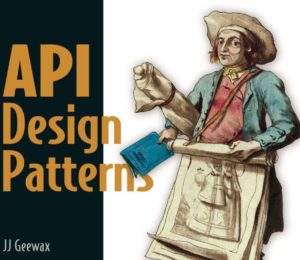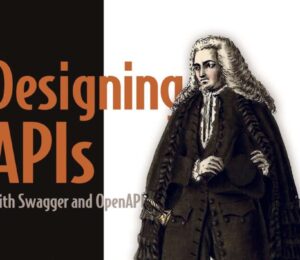Book review: “Developing Apps with GPT-4 and ChatGPT”
- October 22, 2023
- 12953 Unique Views
- 2 min read
Whether you're pro or con the usage of AI, LLMs, and ChatGPT one cannot deny that there are a plethora of possibilities now available to us.
Now, given the rapid shift in this field, a lot of us are left with a lot of queries such as: what are the differences between the models, how do I query them and of course, how can I use them to my advantage?
That's where this useful book by Olivier Caelen and Marie-Alice Blete comes in particularly handy. It offers us some interesting insights into the various models, and how to make use of these using the ChatGPT Python library.

price: €59.99 for the eBook
publication date: September 2023
publisher: O'Reilly Media, Inc.
pages: 157
ISBN: 9781098152482
About the book
The book starts of with a brief introduction of the key concepts of various generative models, and the evolutions & challenges behind Large Language Models (LLMs) and Generative Pre-trained Transformer (GPT) that led us to this point.
- how predictions work
- tokenization
- bias
- how LLMs are trained
- the use of vector databases to retrieve complex data in a structured and efficient manner
- ...
It then takes us for a brief stroll through the history of ChatGPT, the challenges encountered, and why there are different models.
Then we consider different possible uses such as learning a new language (Duolingo), improving quality of life (Be my eyes), ...
To wrap up the introduction we take a look at the new possibilities thanks to the plugin system.
As to the meat of the book: we start of by experimenting within the OpenAI Playground, before diving into the actual fun bits.
We learn about
- prompts, the different variants & their finetuning
- the tokenization system (and the associated costs)
- how to use a variety of APIs to develop simple applications (moderation, news generation, ...)
- finetuning models
- the plugin system to add capabilities
- What (not) to do
My thoughts
It's a very interesting book which gives thorough, practical examples using a new & rapidly evolving tool. Pro or contra, it's a very worthwhile read, so you can better evaluate the potential for your own use-cases.
For me, it also provided some interesting insights into how to avoid/reduce hallucinations/finetuning my queries, feed it more (up to date) data, and how to provide extra functionality to create a better user experience. It's certainly given me a lot of food for thought for my own "Simon says" application.
I was lucky enough to meet Marie-Alice at Devoxx where she gave a very interesting talk, so if you want to get some more insights I highly recommend watching it:
https://www.youtube.com/watch?v=7dY8N97qy0k
In case Java is more your forte than Python, there's also the useful langchain4j library.
Don’t Forget to Share This Post!










Comments (1)
Unlocking ChatGPT's Power: A Deep Dive into the Future of AI App Development - SXStudio
10 months ago[…] The book provides hands-on examples to illustrate the practical use of GPT-4 and LangChain: (Book review: “Developing Apps with GPT-4 and ChatGPT” – Foojay.io) […]